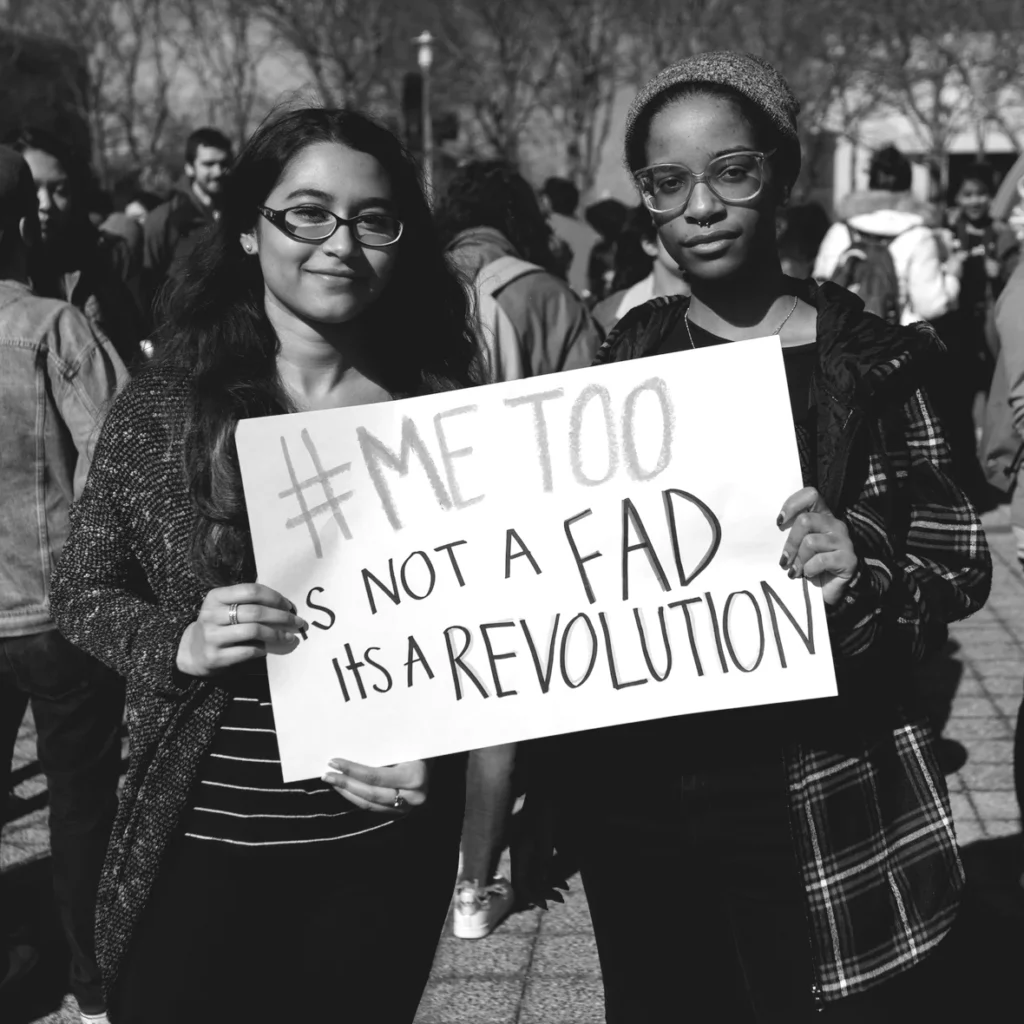Social media good or bad?
Written by Maggie Githinji
Introduction
“Examining these areas could help to advance understanding of how humans negotiate, and interact, with digital technologies in a contemporary space, where it is necessary at once to be digitally responsible for one’s constructed selfhood, and to form authentic relationships through the use of digital technologies” – (Brett & Maslen, 2021)
Political engagement

”The capacity of the hashtag to help people navigate real-time events such as disasters, protests and conferences and to expand and solidify social connection… proved ideal for social movements and activism” – Jean, 2020, Twitter a biography
- Palestine censorship
- MeToo movement
- BLM & StopAsianHate movements
Privacy, anonymity and pseudonymity
Pippa Norris (2002, p:4) activism such as social movements and the internet were leading to a fundamental realignment of what politics looked like, and she argued in the democratic Phoenix that “the politics of choice appears to be replacing the politics of loyalties” – Ariadne 2017
Twitter: a biography – “hashtag studies has become an entire subfield of social media research because of the way that hashtags organise data on particular topics of relevance to particular communities”
- vulnerability and stalking
- Lack of privacy regulations
- child exploitation & sex crimes
Psychological harms and media platforms responses
- addictive formatting
- cybercrime
- Dopamine fluctuations
Conclusion
Bibliography
Burgess, J. (2022). TWITTER : a biography. S.L.: New York University Press.
